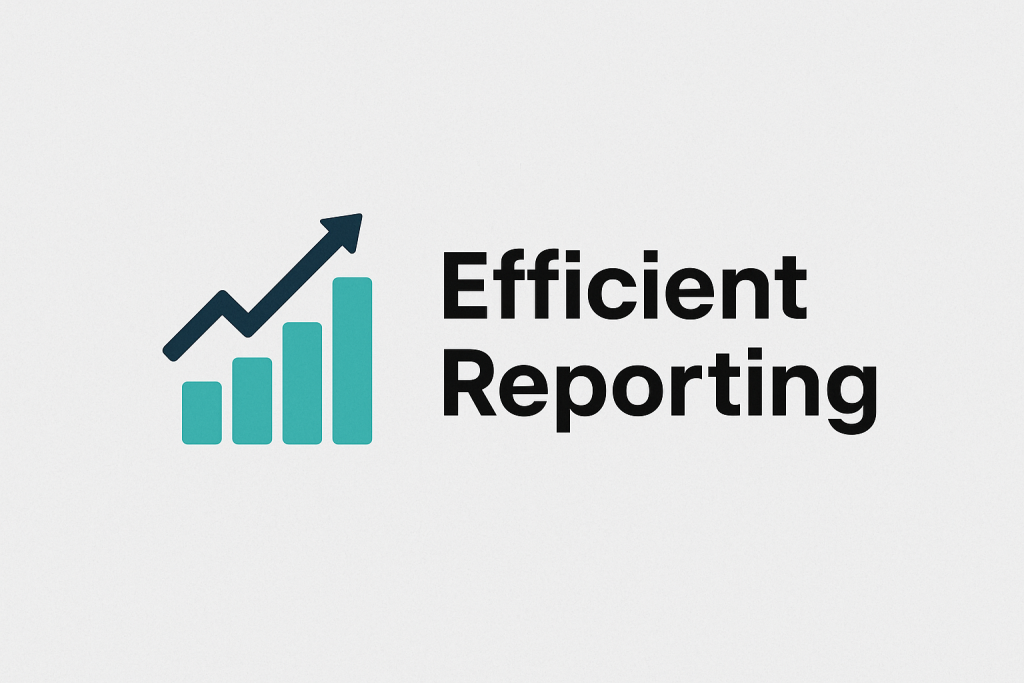
Efficient Reporting in Laravel: My Go-To Way Using Query Caching + Queues for Big Data
Okay, let’s talk about something no one enjoys but everyone needs: report generation.
You build this neat Laravel app, everything works fine — then one day your client goes:
“Hey, can you add a report with ALL the transactions from this year?”
Boom.
Suddenly you’re staring at a table with half a million rows and thinking:
“Yeah… maybe I shouldn’t have just ->get()-ed this.”
I’ve been there. More than once. So here’s how I now handle efficient reporting in Laravel when things get big — and I mean, really big.
Why Real-Time Reporting Sucks (Most of the Time)
Let’s say you have a button on the dashboard that fetches 6 months of transactions and turns them into a nice table or CSV. Sounds innocent, right?
Well… not when:
- Your
transactionstable has 3 million rows - Users are exporting during business hours
- You’re using shared hosting (👀)
Suddenly your CPU spikes, users are getting 502s, and you’re refreshing Forge every 10 seconds.
Lesson learned: don’t do heavy stuff on the main thread.
Step 1: Cache the Query Results (But Do It Smartly)
Here’s what I used to do:
return DB::table('transactions')->get();Worked… until it didn’t.
Now I cache big queries using Cache::remember() — but with a twist:
I set the cache to expire at the end of the day, not just “60 minutes later”.
$expiresAt = now()->endOfDay();
$data = Cache::remember('sales_report', $expiresAt, function () {
return DB::table('transactions')
->where('created_at', '>=', now()->subDays(30))
->get();
});Why This Works
- Everyone sees the same data during the day
- No sudden query spam if 10 users hit “Download Report”
- Still updates daily — which is usually “good enough” for most business use-cases
Would this work for stock trading apps? Nope.
But for admin dashboards, internal reports, or client exports? 100%.
Step 2: Offload the Actual Report Generation to Queues
Alright, so caching helped us read smarter.
But what if the report still needs to crunch 1GB of data and spit out a CSV?
Here’s the play: job queues.
Instead of making users wait 45 seconds and praying nothing times out, just say:
“Your report is being generated — we’ll notify you when it’s ready.”
Boom. Done.
My typical flow:
public function requestReport()
{
GenerateBigReport::dispatch(auth()->id());
return response()->json([
'message' => 'We’re working on your report. Check back soon!'
]);
}Then in the job itself:
public function handle()
{
$user = User::find($this->userId);
$rows = DB::table('transactions')->get();
$path = storage_path("app/reports/report_{$user->id}.csv");
$csv = fopen($path, 'w');
fputcsv($csv, ['ID', 'Amount', 'Date']);
foreach ($rows as $row) {
fputcsv($csv, [$row->id, $row->amount, $row->created_at]);
}
fclose($csv);
// notify user (email, in-app, etc)
}This runs in the background. No more timeout errors, no server crashes.
It just… works.
Step 3: Let Them Download When It’s Ready
You don’t even need a fancy UI. Just give them a “Download” button that checks if the file exists:
public function downloadReport()
{
$path = "reports/report_" . auth()->id() . ".csv";
if (!Storage::exists($path)) {
return response()->json(['ready' => false]);
}
return Storage::download($path);
}Now you’ve got:
- ✅ Async generation
- ✅ Cached queries
- ✅ No wasted server cycles
- ✅ Happy client who thinks your app is “super fast”
But Wait, There’s More (aka Stuff I Learned the Hard Way)
- Queue workers must be running, obviously. I forgot this once. The job sat in the queue for 3 hours and I thought the system was broken 😅
- Set up retry attempts and timeouts — big reports might take time
- Clean up old reports! I use a nightly
artisan commandthat deletes anything older than 3 days from/storage/reports
Final Thoughts
If I had to summarize this in one sentence:
Never trust a big report to run on a click — always queue it, and cache your reads.
That little mantra has saved me from soooo many panicked messages, CPU spikes, and support emails.
The combo of query caching + queued report jobs is honestly underrated in Laravel circles. Everyone talks about live dashboards and Livewire, but for good ol’ boring business reports?
This is the way.
Pro Tip: If your users need real-time exports, consider generating lightweight summaries daily and letting them filter from that. You’ll get 80% of the value at 10% of the cost.
